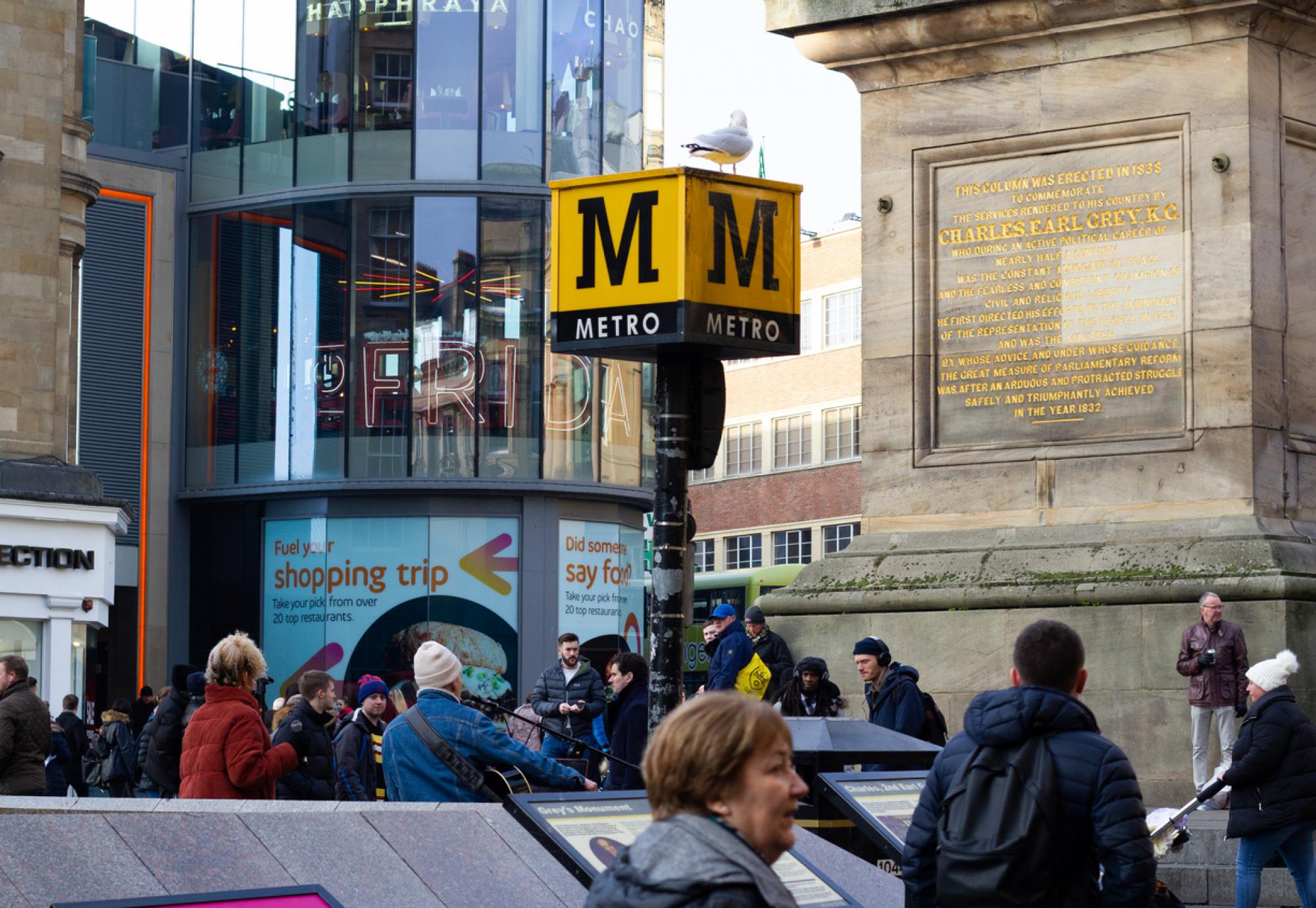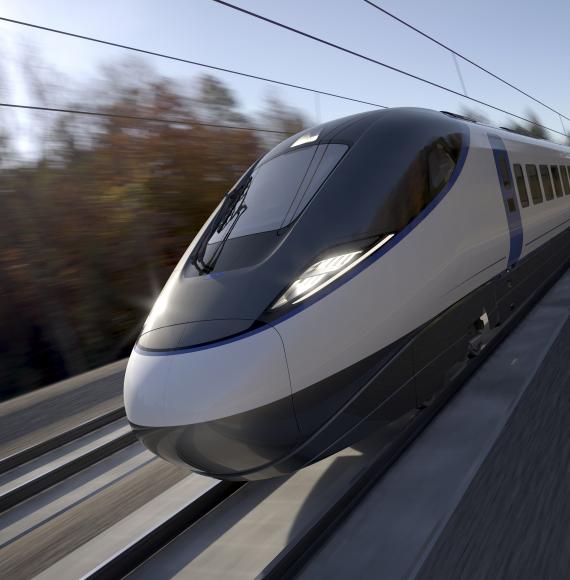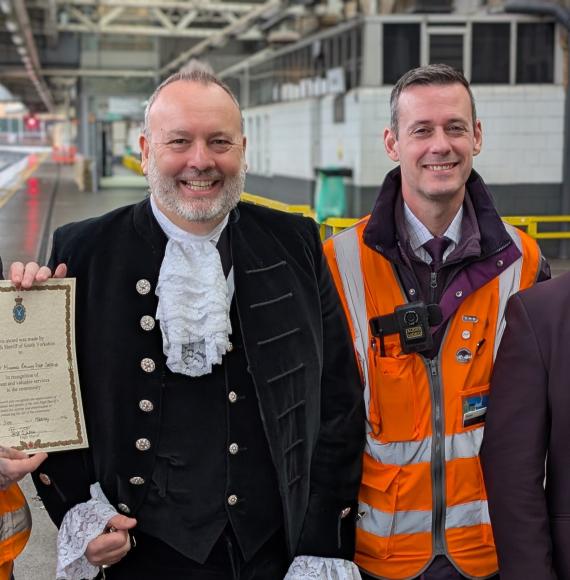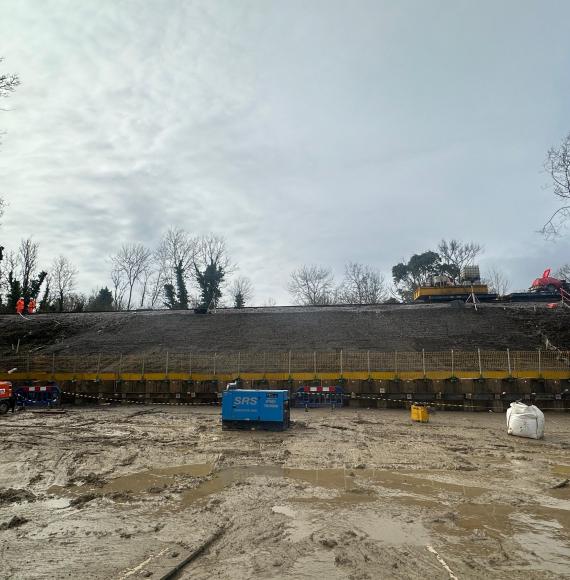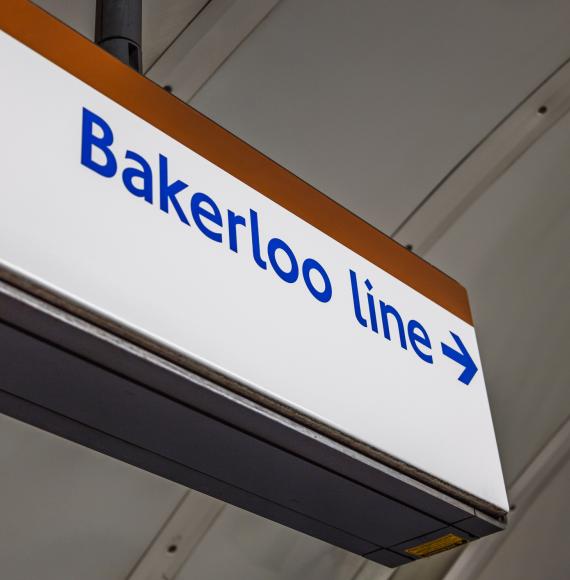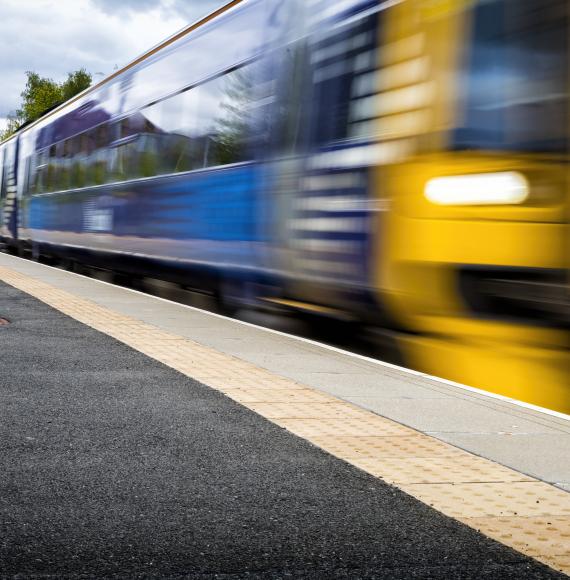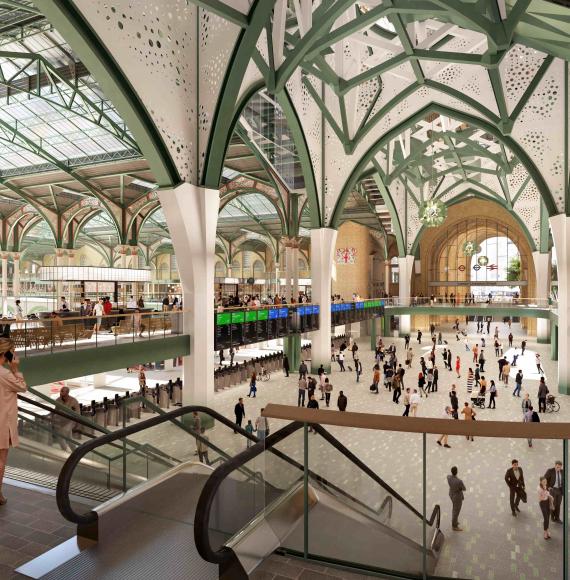Tyne and Wear Metro is undergoing a major transformation, with a new fleet of 46 trains currently being tested ahead of entering service in 2025. The trains are being built by Stadler, a Swiss train building company, and are part of a £362m investment in the network.
The testing process is one of the most important stages in the development of any new train fleet, and it is essential to ensure that the trains are safe, reliable, and compatible with the existing infrastructure. A total of 90,000 individual tests are required, with checks on everything, from seats and windscreen wipers, to more big-ticket items like brakes, CCTV, doors, wheels, and power supply.
There are 19,000 hours of training time, with the first few trains completing 37,000 kilometres of running.
Stadler are building a total of 46 new Metro trains on behalf of Nexus with the fleet expecting to enter service in phases with the aim to have all the new trains in service in 2025.
The Class 555 Stadler train is a unique design for Stadler which has delivered three new trains to the North East since March.
Interim managing director at Nexus, Cathy Massarella, said: “Testing is really detailed and it’s absolutely critical to get the new Stadler trains ready for customer service.
“We are leaving no stone unturned in what is probably the biggest and most important project since the Metro system was first built.
“Everything on the train needs to be tested and checked thoroughly and this is something that we are doing in conjunction with our colleagues at Stadler.
“There is great attention to detail. It’s very much like the testing that a big car company undertakes when it’s preparing to unveil a new model. The trains need to be put through their paces to ensure that they are ready for daily service.
“These trains are a world away from the current fleet. They have digital technology and much of the testing can be done by plugging a laptop computer into the trains’ onboard computer system.”
The new trains are expected to deliver a step-change in accessibility and reliability for Metro customers. The new fleet is also expected to reduce energy consumption and emissions.
Claudius Oblasser, technical project manager at Stadler, said: “Testing and commissioning is a critical stage in the production of new trains. It sees thousands of safety and performance tests carried out to make sure they are ready for service and compatible with the infrastructure they will operate on. We use this period to iron out faults and stress-test the trains to enable them to perform well for decades to come.”
Photo/Video Credit: Istock/Nexus

